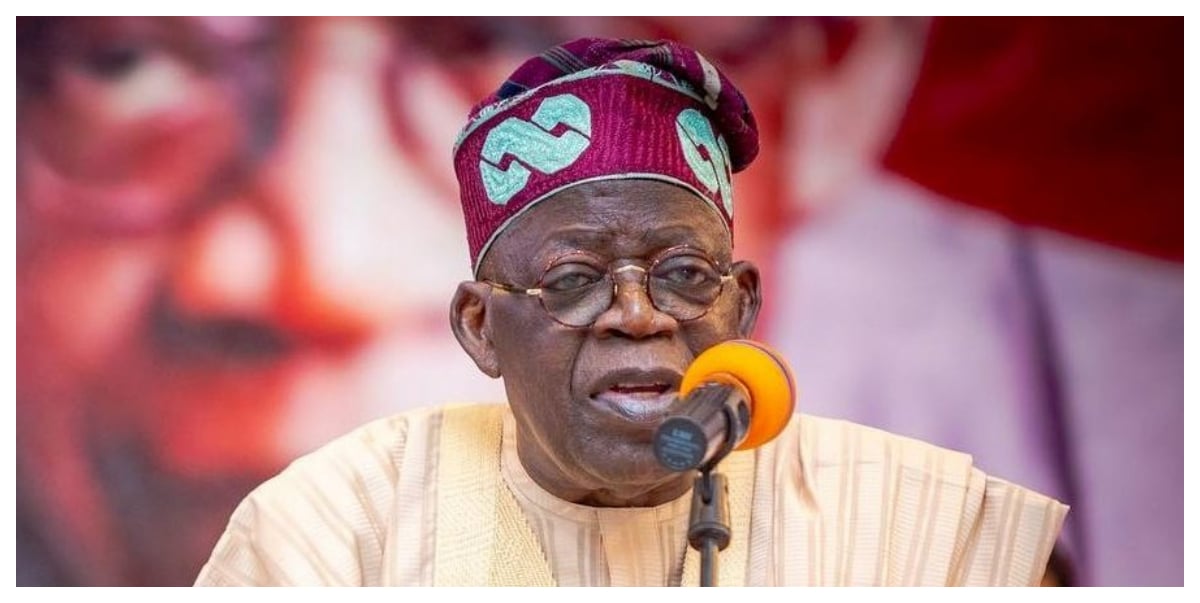
President Bola Tinubu has signed three executive orders to ameliorate the negative impacts of tax adjustments on businesses and households across affected sectors. Mr Dele Alake, Presidential Adviser on Special Duties, Communications and Strategy, made this known at a briefing on Thursday in Abuja.

The new orders affected the Finance Act 2023, the Customs, Excise Tariff and the Excise Tax on telecommunications as well as the Green Tax. “The Finance Act (Effective Date Variation) Order, 2023, has now deferred the commencement date of the changes contained in the Act from May 23, 2023 to September 1, 2023. This is to ensure adherence to the 90 days minimum advance notice for tax changes as contained in the 2017 National Tax Policy. “The Customs, Excise Tariff (Variation) Amendment Order, 2023. This has also shifted the commencement date of the tax changes from March 27, 2023 to August 1, 2023 and also in line with the National Tax Policy. “The President has given an Order suspending the 5% Excise Tax on telecommunication services as well as the Excise Duties escalation on locally manufactured products. “Further to his commitment to creating a business-friendly environment, the President has ordered the suspension of the newly introduced Green Tax by way of Excise Tax on Single Use Plastics, including plastic containers and bottles. “In addition, the President has ordered the suspension of Import Tax Adjustment levy on certain vehicles,” he said. Tinubu said that the review was part of his administration’s resolve to ease the lives of Nigerians and encourage corporate entities in spite of obvious challenges. The president said that the reviewed tax were part of those signed in the twilight of the last administration. “You will all recall that prior to the advent of this Administration, certain tax changes were introduced via the Customs, Excise Tariff (Variation) Amendment Order, 2023 (henceforth referred to as “the Order”) published on May 8 and the Finance Act, 2023, which was signed into law on May 28. “Among others, the Order introduced new Excise Duty on Single Use Plastics (SUPs), higher Excise Duties on some locally manufactured products, including alcoholic beverages and tobacco products, and Green Tax by way of Import Tax Adjustment on certain categories of imported vehicles. “The Tinubu Administration has since noticed that some of the tax policies are being implemented retroactively with their commencement dates, in some instances, pre-dating the official publication of the relevant legal instruments backing the policies. This lacuna has created some challenges of implementation.” He said that the ideas behind upward adjustments of some of these taxes are quite noble because they were designed to raise revenue as well as address environmental and health issues of concern. “However, they have generated some significant challenges for, and elicited serious complaints amongst key stakeholders as well as in the business community. “A document known as the 2017 National Tax Policy approved by the Federal Executive Council of the last administration prescribes a minimum of 90 days notice from government to tax-payers before any tax changes can take effect. “This global practice is done with a view to giving taxpayers and businesses reasonable time to adjust to the new tax regime. “However, both the Finance Act 2023 and the Customs, Excise Tariff Order 2023 did not give the required minimum notice period, thus putting businesses in violation of the new tax regime even before the changes were gazetted. “As a result of this, many affected businesses are already contending with the rising cost, falling margins and capacity underutilisation due o various macroeconomic headwinds as well as the impact of Naira redesign policy.” He stated that the Excise Tax increases on tobacco products and alcoholic beverages from 2022 to 2024, which had already been approved, are also being implemented. “But a further escalation of the approved rates by the current administration presents an image of policy inconsistency and creates an atmosphere of uncertainty for businesses operating in Nigeria. “The Excise Tax of fiver per cent on telecommunication services has generated heated controversy. “There is also a lack of clarity regarding the status of this tax, just as players in the sector also complain about the imposition of multiple taxes on their operations. “We have also seen that the Green Taxes, including the Single Use Plastics tax and the Import Adjustment Levy on certain categories of vehicles require more consultation and a holistic approach to the country’s net zero plan in a manner that does not impact the economy negatively.” The News Agency of Nigeria (NAN) report that in his inaugural speech, Tinubu promised to address business unfriendly fiscal policy measures and multiplicity of taxes. These new orders were issued to ameliorate the negative impacts of the tax adjustments on businesses and chokehold on households across affected sectors. Tinubu reiterated his commitment to reviewing complaints about multiple taxation, local and anti-business inhibitions. “The Federal government sees business owners, local and foreign investors as critical engines in its focus on achieving higher GDP growth and appreciable reduction in unemployment rate through job creation. “The government will, therefore, continue to give requisite stimulus by way of friendly policies to allow businesses to flourish in the country.” He assured Nigerians that there would not be further tax raise without robust and wide consultations undertaken within the context of a coherent fiscal policy framework.





